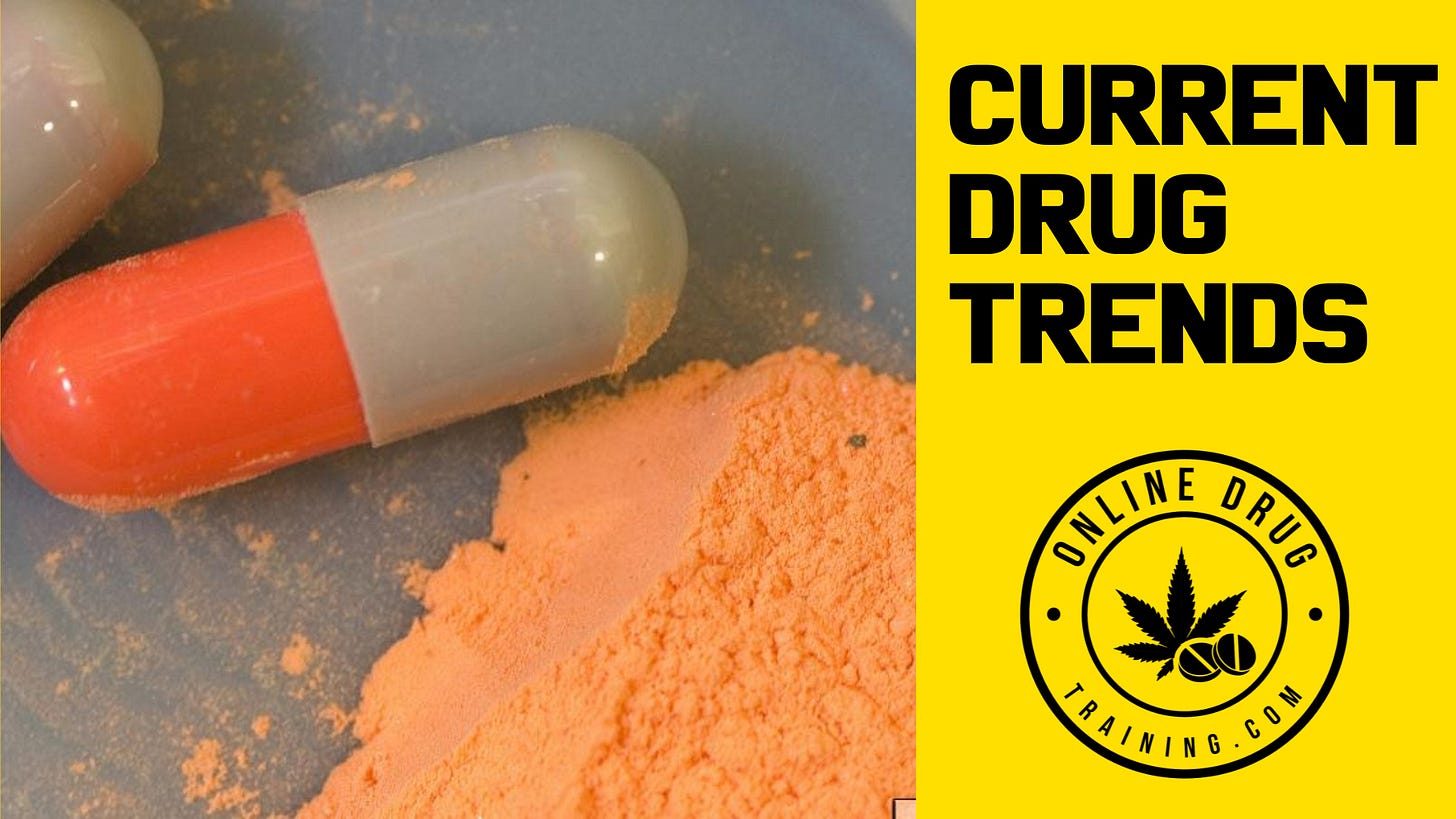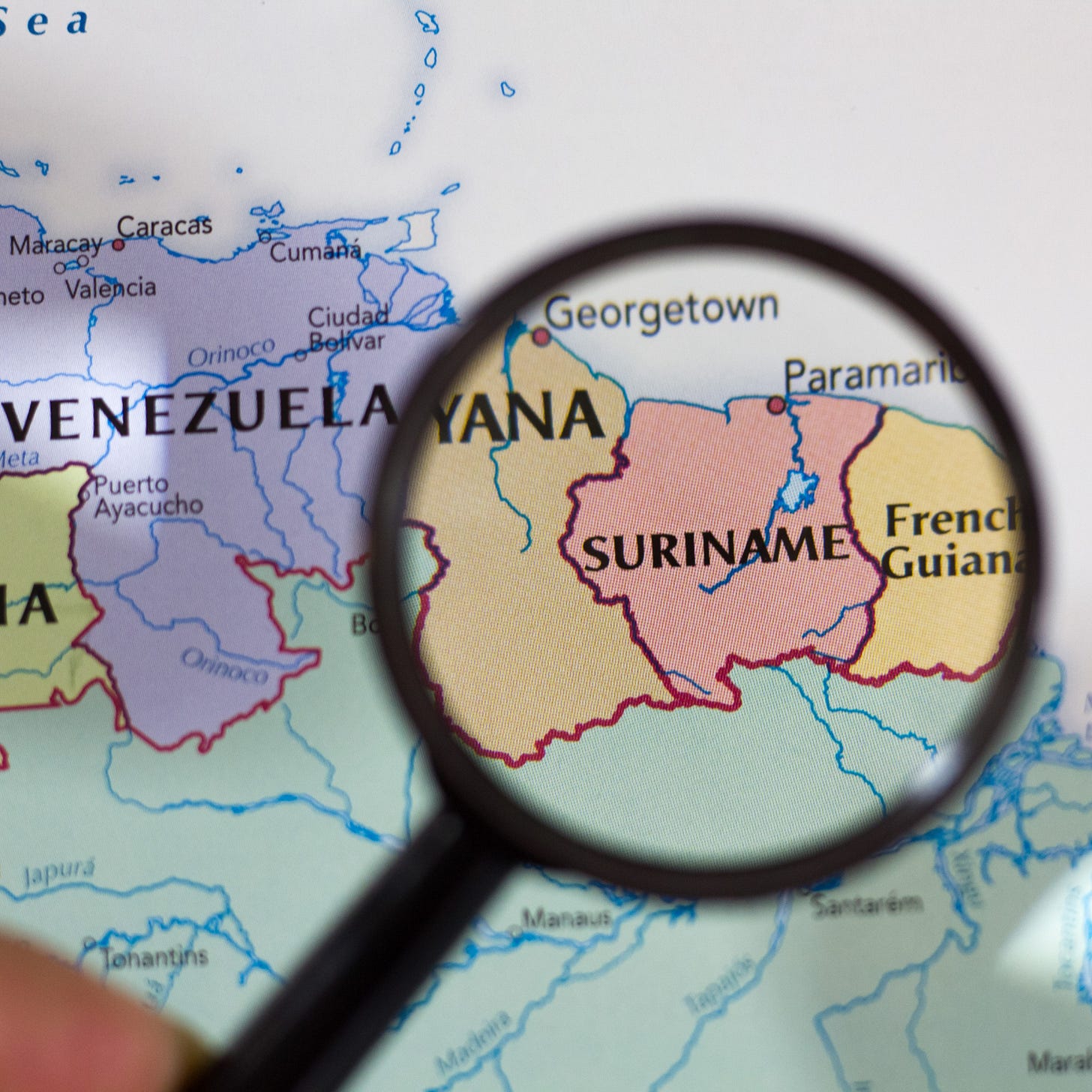Suriname's High-Level Connections to Drug Trafficking
A Damning Leak
A recent investigation, stemming from a substantial leak of emails from Colombia's Attorney General's Office, has uncovered startling connections between high-ranking officials in Suriname and drug trafficking rings. This investigation, part of a transnational project called "NarcoFiles: The New Criminal Order," spearheaded by the Organized Crime and Corruption Reporting Project (OCCRP) and Centro Latinoamericano de Investigación Periodística (CLIP), exposes the intricate ties between politics and organized crime in South America.
The Key Figures
Central to this scandal are Suriname’s Vice President Ronnie Brunswijk and ex-President Desi Bouterse. The leaked emails suggest their involvement in facilitating cocaine trafficking. Both figures are no strangers to controversy, with past convictions related to similar crimes. These allegations reinforce the persistent rumors about their continued roles in the narcotics trade.

The Strategic Importance of Suriname in Cocaine Trafficking
A Geographic Advantage
Suriname's geographical position makes it an ideal hub for cocaine trafficking. Located near major drug-producing regions, it offers direct access to significant markets in Europe, West Africa, and the United States. The country’s relatively weak border controls and developed infrastructure further facilitate the smuggling operations.
International Involvement
The situation is complicated by the involvement of international criminal groups. The National Liberation Army (ELN) and factions of the demobilized Colombian Revolutionary Armed Forces (FARC) have reportedly utilized Suriname as a transit point for cocaine. This international dimension underscores the complexity and reach of the drug trade in the region.
Implications and Responses
Legal and Political Ramifications
The revelations have profound implications for Suriname’s political landscape and its international relations. They pose serious questions about the integrity of its political institutions and their vulnerability to corruption. The involvement of high-ranking officials in drug trafficking could have lasting impacts on the country’s governance and law enforcement credibility.
The Global Fight Against Drug Trafficking
These findings highlight the persistent challenges in combating global drug trafficking. The involvement of state actors in the narcotics trade complicates efforts to curb the spread of illicit drugs. It underscores the necessity for stronger international cooperation and more effective strategies to dismantle these networks.



